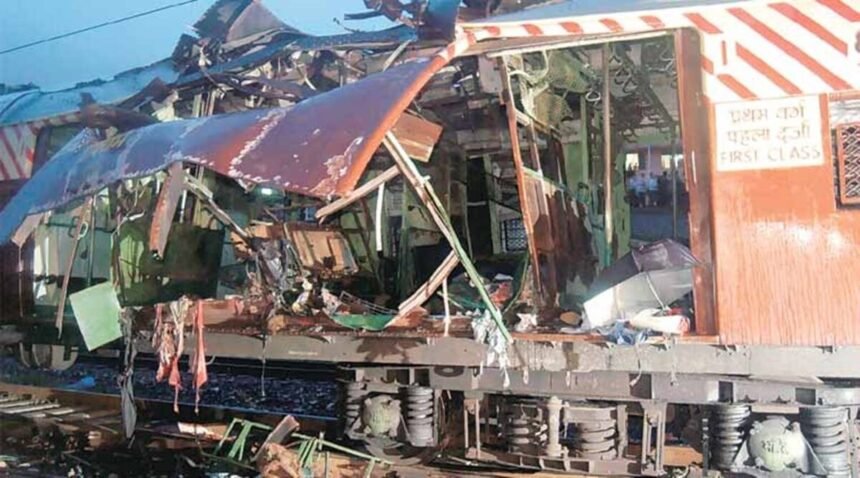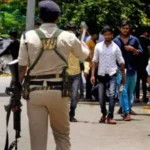Mumbai, July 11, 2023 – It has been seventeen years since a series of powerful bombs ripped through Mumbai’s commuter train system during the evening rush hour, leaving a trail of devastation and claiming the lives of over 180 people while injuring countless others. Despite the passage of time, the Bombay High Court is still to commence hearings on the confirmation of the death penalty for the five convicts involved in the case, leaving victims’ families and survivors frustrated and outraged.
The tragic events unfolded on July 11, 2006, when seven blasts shook different locations along the Western line of Mumbai’s local trains within a span of just 15 minutes. The first explosion occurred shortly after 6:20 pm on a train traveling from Churchgate to Borivali. The bomb detonated between the Khar and Santacruz stations, causing widespread destruction and loss of life.
In the aftermath of the bombings, a painstaking investigation was launched to identify and apprehend those responsible for this heinous act. Eventually, five individuals were convicted for their involvement in the terror attack. The trial court handed down the death penalty to each of them, considering the gravity of the crime and its impact on society.
However, the confirmation of the death sentences by the Bombay High Court has been delayed for years, much to the dismay of the victims’ families and survivors who seek justice and closure. The prolonged delay has only intensified their pain and suffering, as they grapple with the memories of that fateful day and the lingering trauma it has left behind.
Legal experts and human rights activists have expressed concern over the protracted delays in the case. They argue that such delays not only undermine the judicial process but also perpetuate a sense of impunity among the perpetrators of such heinous crimes. The wheels of justice, they contend, must not grind so slowly, especially in cases where lives have been irreversibly shattered.
The survivors and victims’ families have continuously petitioned the court to expedite the confirmation of the death sentences, hoping to find some closure and solace. They argue that justice delayed is justice denied and that the prolonged legal battle only prolongs their agony.
The Mumbai train bombings of 2006 were a stark reminder of the vulnerability of public transportation systems and the need for effective security measures. The tragic incident shook the nation and highlighted the urgent need for concerted efforts to prevent future attacks and safeguard the lives of citizens.
As the seventeen-year mark passes since that horrific day, the survivors and victims’ families continue to wait for justice to be served. They hope that the Bombay High Court will prioritize their long-standing plea for justice and swiftly proceed with the confirmation of the death penalty for the convicted perpetrators. Only then can they begin to heal and rebuild their lives, knowing that those responsible for their immense suffering have been held accountable for their actions.
In the face of this tragic and prolonged wait for justice, it is imperative that the legal system takes immediate action to ensure a swift resolution. The victims and their families deserve no less, as they strive to move forward from the scars of the past and rebuild their shattered lives.








